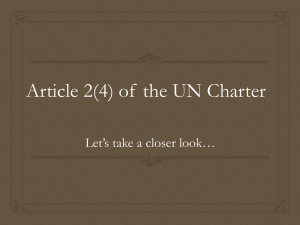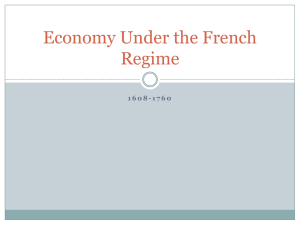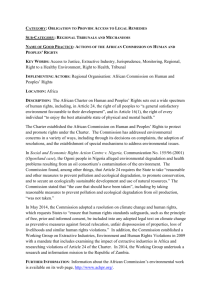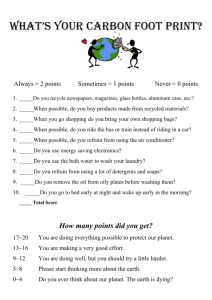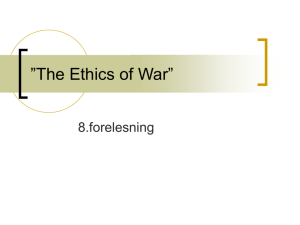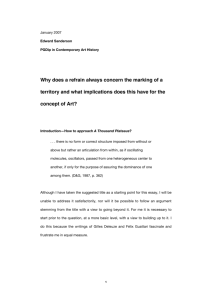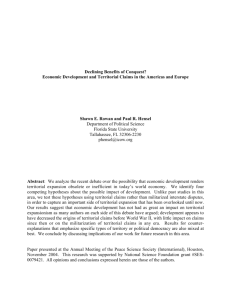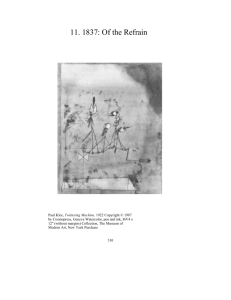2625 (XXV). Declaration on Principles of International Law
advertisement
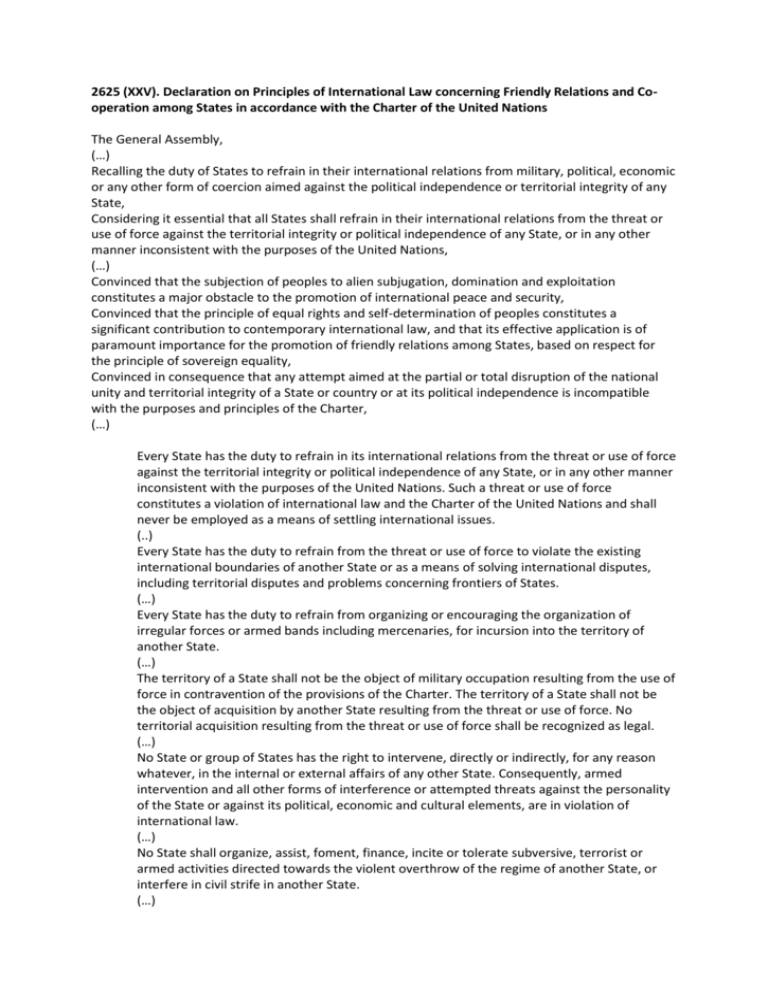
2625 (XXV). Declaration on Principles of International Law concerning Friendly Relations and Cooperation among States in accordance with the Charter of the United Nations The General Assembly, (…) Recalling the duty of States to refrain in their international relations from military, political, economic or any other form of coercion aimed against the political independence or territorial integrity of any State, Considering it essential that all States shall refrain in their international relations from the threat or use of force against the territorial integrity or political independence of any State, or in any other manner inconsistent with the purposes of the United Nations, (…) Convinced that the subjection of peoples to alien subjugation, domination and exploitation constitutes a major obstacle to the promotion of international peace and security, Convinced that the principle of equal rights and self-determination of peoples constitutes a significant contribution to contemporary international law, and that its effective application is of paramount importance for the promotion of friendly relations among States, based on respect for the principle of sovereign equality, Convinced in consequence that any attempt aimed at the partial or total disruption of the national unity and territorial integrity of a State or country or at its political independence is incompatible with the purposes and principles of the Charter, (…) Every State has the duty to refrain in its international relations from the threat or use of force against the territorial integrity or political independence of any State, or in any other manner inconsistent with the purposes of the United Nations. Such a threat or use of force constitutes a violation of international law and the Charter of the United Nations and shall never be employed as a means of settling international issues. (..) Every State has the duty to refrain from the threat or use of force to violate the existing international boundaries of another State or as a means of solving international disputes, including territorial disputes and problems concerning frontiers of States. (…) Every State has the duty to refrain from organizing or encouraging the organization of irregular forces or armed bands including mercenaries, for incursion into the territory of another State. (…) The territory of a State shall not be the object of military occupation resulting from the use of force in contravention of the provisions of the Charter. The territory of a State shall not be the object of acquisition by another State resulting from the threat or use of force. No territorial acquisition resulting from the threat or use of force shall be recognized as legal. (…) No State or group of States has the right to intervene, directly or indirectly, for any reason whatever, in the internal or external affairs of any other State. Consequently, armed intervention and all other forms of interference or attempted threats against the personality of the State or against its political, economic and cultural elements, are in violation of international law. (…) No State shall organize, assist, foment, finance, incite or tolerate subversive, terrorist or armed activities directed towards the violent overthrow of the regime of another State, or interfere in civil strife in another State. (…) Every State has an inalienable right to choose its political, economic, social and cultural systems, without interference in any form by another State. (…) The principle of equal rights and self-determination of peoples By virtue of the principle of equal rights and self-determination of peoples enshrined in the Charter of the United Nations, all peoples have the right freely to determine, without external interference, their political status and to pursue their economic, social and cultural development, and every State has the duty to respect this right in accordance with the provisions of the Charter. (…) Nothing in the foregoing paragraphs shall be construed as authorizing or encouraging any action which would dismember or impair, totally or in part, the territorial integrity or political unity of sovereign and independent States conducting themselves in compliance with the principle of equal rights and self-determination of peoples as described above and thus possessed of a government representing the whole people belonging to the territory without distinction as to race, creed or colour. Every State shall refrain from any action aimed at the partial or total disruption of the national unity and territorial integrity of any other State or country.
